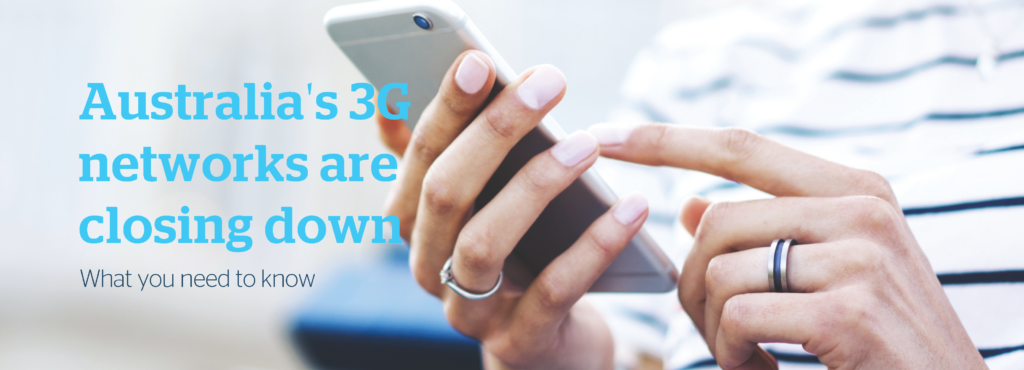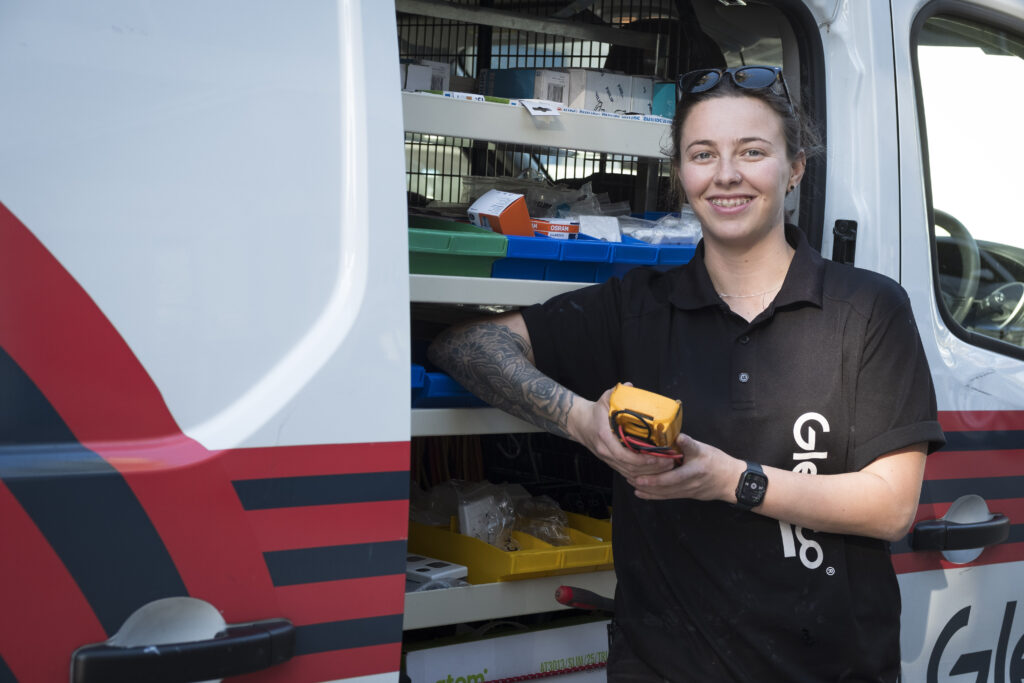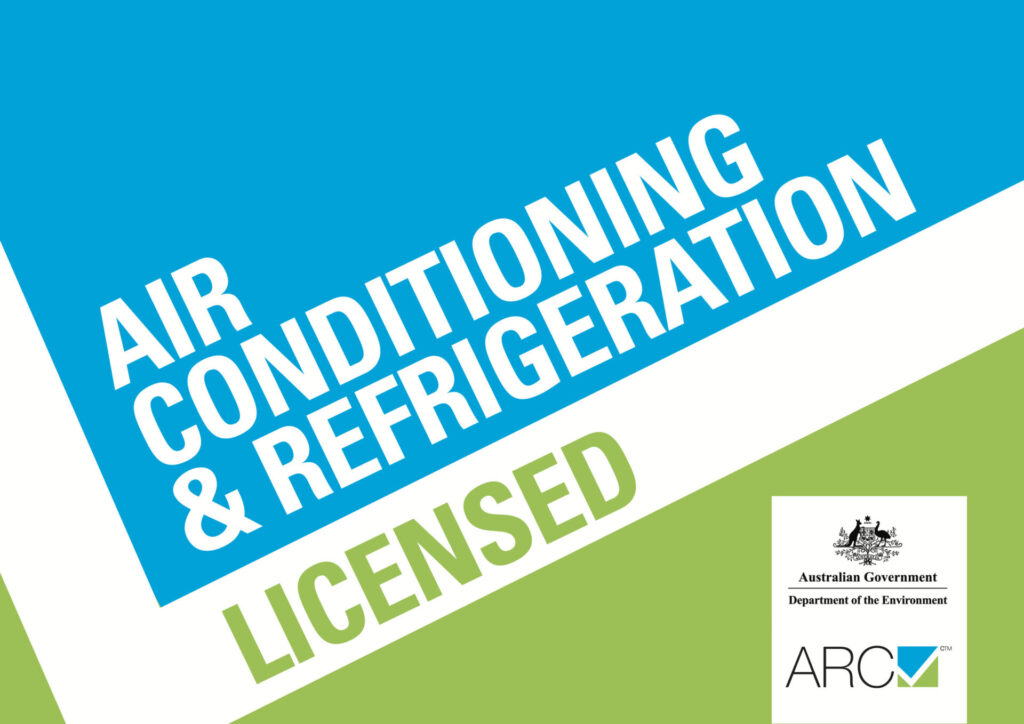We see power cords everywhere: at home, at the office, and even outdoors. Wherever you are in the world, whether in London, Sydney or Singapore, the sight of wires running everywhere is something we’ve all gotten used to. As they are needed to connect appliances, equipment, gadgets and any electric-powered device to a mains electrical supply, these are essential components that we need to live with every day.
These long strips of wires need to be handled properly. Any experienced electrician or group of electrical contractors will advise that you can’t just simply hang them wherever you want or place them wherever you like. There are certain measures you need to follow to keep them secure and maintain safety in your home and office.
Take note of these DOs and DON’Ts.
DOs
• Keep them away from water and heat – Water and heat can damage the insulation of the cord and turn them into a shock hazard.
• Keep them away from high-traffic areas – Aside from preventing tripping, this will also help prevent the cord from fraying and overheating.
• Secure them in place – Don’t keep your cords dangling to avoid these being accidentally pulled or having someone trip on them.
• Store them loose – Storing these in small spaces or cramming too many of them in one place might cause crumpling and pressure, resulting in insulation damage.
• When outdoors, keep them under a shade – Protect your cords from the harsh rays of the sun and unannounced rain showers. Keep them under a shade and don’t forget to put them away after use.
• Hold the plug when pulling out the cord – Hold the plug and not the wire when pulling it out of the socket. Holding the wire will wear the power cord quickly.
DON’Ts
• Never place cords under a carpet or rug – This will not only cause tripping, but will also cause overheating as the cord can’t release heat. This will create a fire hazard.
• Don’t use extension cords right out of the box – If they are coiled, don’t use them immediately. Unwind them first before using to prevent overheating.
• Avoid octopus connections – Stick to the allowable number of wattage. Octopus connections are dangerous fire hazards.
• Never stack plugs – This will lead to the overloading of your power point and possibly cause a fire.
In case of electrical mishaps, immediately call an emergency electrician to help with your electrical problems.
As with everything else though, prevention is always best. Take this list by heart and strictly practice them when handling cords. By simply following these, you can keep your family and staff safe from electrical accidents.
Read More:







